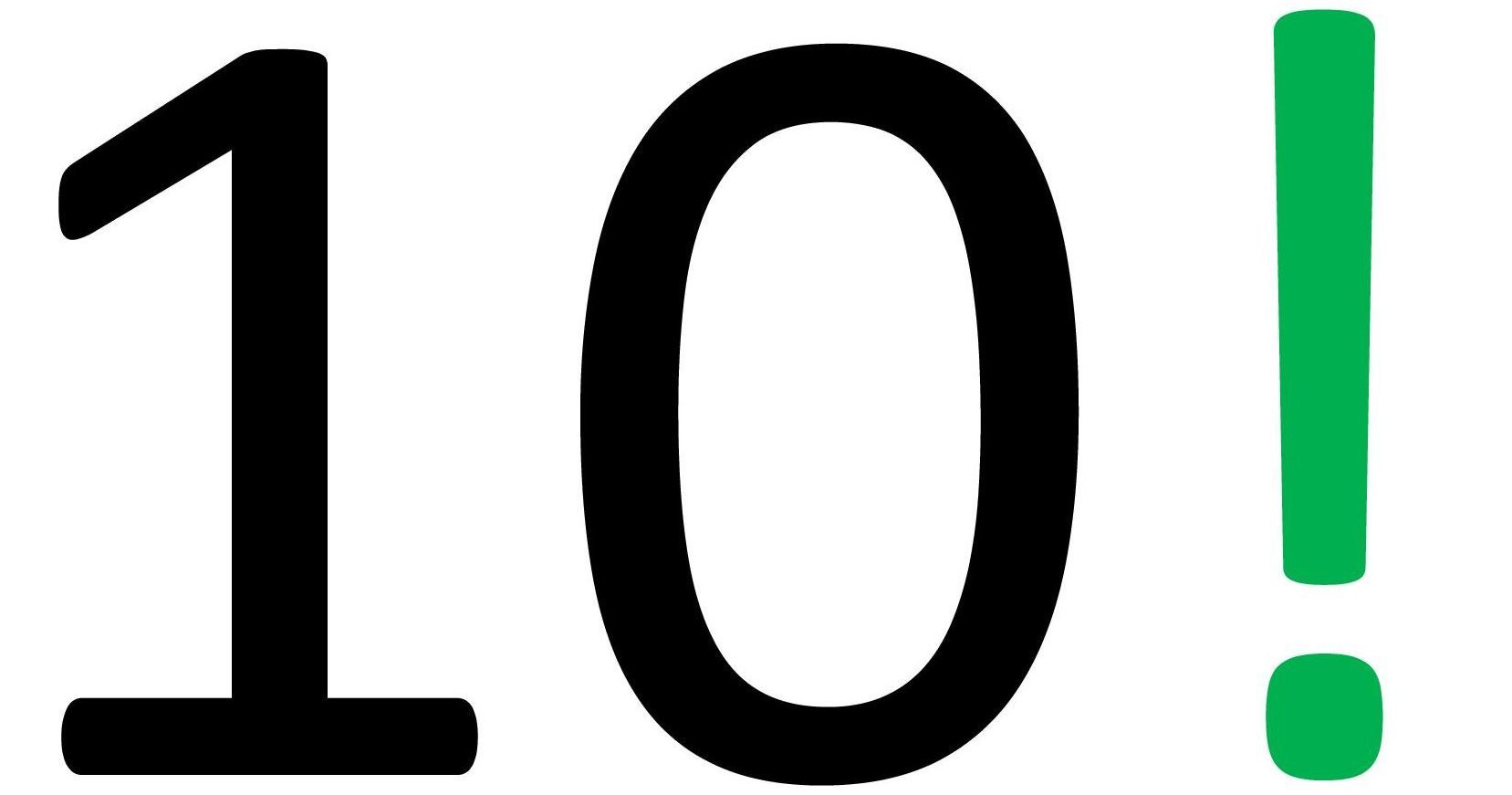Professional negotiators are masters of communication, strategy, and psychology. They navigate discussions with precision, aiming to achieve the best outcomes for their clients. Here are 17 things you’re unlikely to hear come out of a professional negotiator’s mouth, showcasing the finesse and thoughtfulness behind their craft.
“Let’s just split the difference.”
A professional negotiator seeks value creation through collaboration, not just a simple compromise that might leave both parties partially dissatisfied. They aim to understand and fulfill the underlying interests of all involved rather than settling for a quick, half-hearted resolution.
“Take it or leave it.”
This phrase shuts down the possibility of further discussion and exploration of mutually beneficial options. A skilled negotiator maintains an open dialogue, encouraging ongoing communication to find a solution that satisfies both parties.
“We can trust them; we don’t need that in writing.”
Verbal agreements are risky and open to misinterpretation; hence, a professional always ensures agreements are clearly documented. This practice safeguards all parties and ensures commitments are understood and binding.
“I have no idea what their bottom line is.”
Understanding the other party’s needs, limits, and ultimate goals is crucial for effective negotiation. A professional enters negotiations having researched and prepared, ready to navigate the discussion with insight into the opponent’s position.
“Let’s just agree now and figure out the details later.”
Overlooking details can lead to misunderstandings and conflicts post-agreement. Professionals know the devil is in the details and meticulously work through them to ensure a comprehensive and clear agreement is reached from the start.
“This is just business, don’t take it personally.”
Recognizing the personal stakes and emotional investment in negotiations is crucial for building rapport and reaching an amicable solution. Skilled negotiators approach discussions with empathy, addressing not just the business aspect but also the human element involved.
“I’m sure it will all work out somehow.”
Hope is not a reliable strategy in the intricate dance of negotiation. Instead, professional negotiators rely on careful planning, strategic foresight, and detailed preparation to steer the negotiation toward a successful outcome.
“We can skip the small talk.”
Small talk is not just filler; it’s a strategic tool used to build rapport, ease tensions, and gather informal insights about the other party’s interests and personality. By engaging in and valuing these initial exchanges, negotiators lay the groundwork for trust and open communication.
“That’s not my problem.”
A hallmark of a seasoned negotiator is the ability to view the situation from the other party’s perspective and find solutions that address mutual concerns. Dismissing the other party’s issues outright can halt progress and erode trust, making resolution more difficult.
“I haven’t thought about alternatives.”
Having a BATNA (Best Alternative to a Negotiated Agreement) is fundamental, providing leverage and clarity on when to walk away from the table. Professionals always consider and refine their alternatives, ensuring they’re not forced into unfavorable agreements.
“This is my final offer” too early in the negotiation.
Prematurely stating a final offer can limit the negotiator’s flexibility and close off potential pathways to an agreement. Seasoned negotiators keep the dialogue dynamic, using a range of strategies to explore all possible solutions.
“Why don’t we let luck decide?”
Reliance on chance is antithetical to the ethos of professional negotiation, where outcomes are carefully crafted through strategy and skill. Decisions are made based on informed judgment and a thorough understanding of all variables, not left to the whims of fate.
“It’s too late to change anything now.”
Negotiation is an evolving process, and a professional understands the value of revisiting and adjusting terms as new information or circumstances arise. This flexibility can be crucial to salvaging negotiations that might otherwise stall or fail.
“I don’t need to know the why behind their demands.”
Uncovering the motivations behind demands allows negotiators to devise creative solutions that satisfy deeper needs beyond what’s explicitly stated. This depth of understanding can lead to breakthroughs in seemingly stalled negotiations.
“We’ll handle it if it becomes an issue.”
Proactivity, rather than reactivity, is the mark of an adept negotiator. Anticipating potential problems and addressing them in the agreement can prevent future conflicts and ensure smooth implementation of the deal.
“Their past actions aren’t relevant.”
A professional negotiator considers historical behavior as it often provides valuable insights into patterns of action, reliability, and negotiation style. This knowledge can inform strategies and approaches to foster more productive discussions.
“Let’s keep our cards close to our chest.”
While strategic disclosure is key, transparency about core concerns and objectives can build trust and lead to more effective problem-solving. Professionals know when to share information that can move negotiations forward, using openness as a tool rather than revealing all their cards at once.
